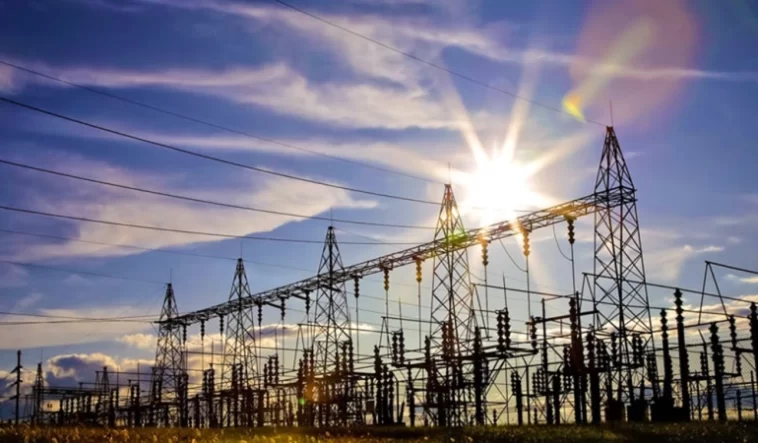Pakistan has the highest electricity prices in the area, according to the “Minimum Consensus on Key Economic Reforms” study by the Pakistan Business Council. Industrial consumers’ competitiveness, ability to create jobs, and capacity to generate exports are hampered by the cost of inefficiencies and theft.
Cross-subsidies to residential and lifeline customers burden tariffs for business and industry as well. The transmission system is inadequate to maximise the use of domestic fuel, and there is no rail link to transfer coal from Thar, which makes the situation worse. The grid requires investment and is also vulnerable.
A weak electricity sector has the following noticeable effects on the economy:
high dependency on imports: electricity accounts for $6 billion of the $26 billion in yearly fuel imports;
The amount of circular debt is Rs. 2.3 trillion;
T&D losses at 17.5% equal 528 billion rupees annually, of which 165 billion rupees exceed the NEPRA allowance;
An estimated 178 billion rupees are lost to theft and underrecovery each year;
The industrial rate in 2021 was 16.5 cents per KWh, 85 percent more expensive than Bangladesh’s 8.9 cents per KWh;
In the industrial tariff, cross subsidies total around Rs. 3 per KWh, or 10% of the rate;
We cool with electricity, which has spare capacity, and heat (and cook) with gas, whose supplies are running low;
Poor demand projections result in 48 percent of capacity remaining unutilized in 2022; Thar, which has significant coal reserves, has not yet been fully used. It is necessary to create a rail connection to facilities that rely on imported coal; the energy efficiency of buildings and appliances is not given enough attention, and conservation efforts are ineffective.
According to the PBC study, the goal of reforms is to lessen dependency on fuel imports, increase the competitiveness of power by resolving distribution and transmission inefficiencies, and increase transmission stability and reliability.


